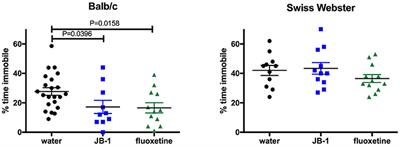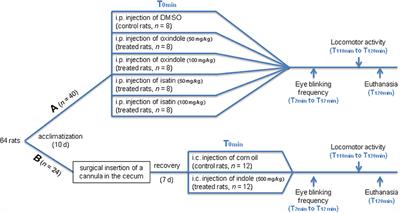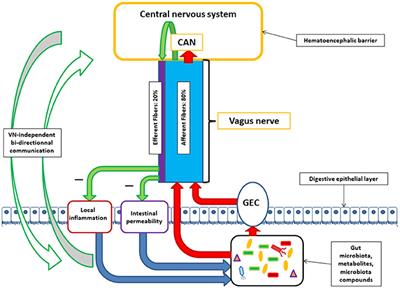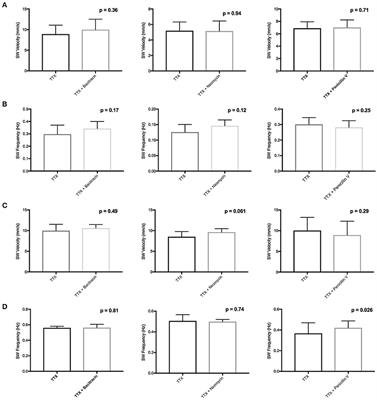BRIEF RESEARCH REPORT
Published on 08 May 2018
Mouse Strain Affects Behavioral and Neuroendocrine Stress Responses Following Administration of Probiotic Lactobacillus rhamnosus JB-1 or Traditional Antidepressant Fluoxetine

doi 10.3389/fnins.2018.00294
- 8,104 views
- 57 citations





